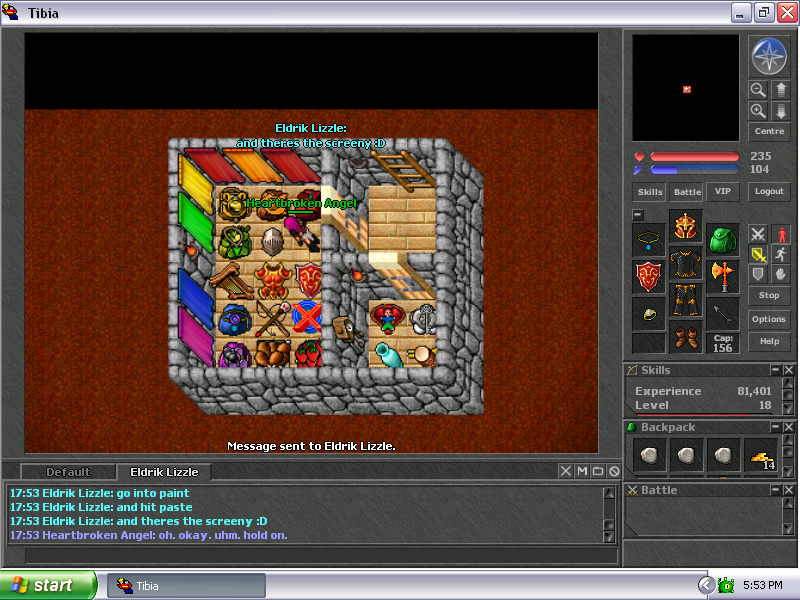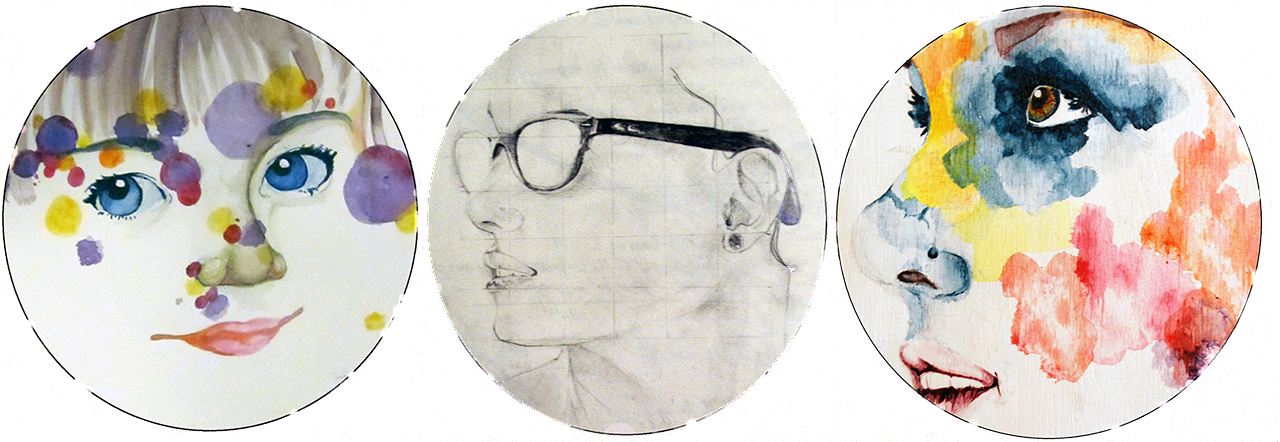Production 1: Website Power-up (5%) – Due September 16, with ongoing updates (website must be up before you can do any of the other productions, as they will be posted to your website as part of your ‘course portfolio.’
Part A: Set-up your Website/Digital Portfolio: Set up website (using a free website-maker like WordPress, Wix, or Weebly). You will use this site as a course portfolio for creative work and reflection essays. You may also find a personal website useful for your future teaching practice.
If you have questions, seek out the plentiful online support resources and support communities (or email me)!
- Carefully select design template to showcase work
- Consider aesthetic and multimodal design elements (e.g., personalize with images, own design, etc.)
- Set up a resource page to curate links, media tools, articles, resources.
Remember, your website won’t be marked right away – so you have time to continually improve it, get feedback from myself and/or your peers, and learn more about website design throughout the first half of the course!
Part B: Power-Up Story: Using Narrative Inquiry to Reflect on Learning
Using narrative inquiry (as method), explore the most significant learning ‘power-up’ in your history as a learner (and that does not necessarily mean ‘student’). By ‘power-up’, I mean a memorable, empowering experience where the ‘learning action’ led to a sense of self-efficacy, autonomy, pleasure, excitement and deeper engagement… as well as a desire to do, know, or create more…).
Your piece should explore at least a number of the following points (where applicable). Not a checklist (just prompts to get you thinking about your own history as a learning – and why/how you were ‘engaged’ in own learning).
- What and why did you create, learn, make or do? Where (social context: in or out of school settings)?
- What tools, media or communication technologies used (technology in the broadest sense of the word)…? Were there others involved – in what roles?
- What possible ‘lessons’ does your story signal about learning, making, doing, engagement? How and/or why was the learning event an energetic ‘power-up’ for you?
Power-Up Narrative (400 Words Range)
Send Link: Once you have set up your site, send me an email and link to your website.
An example of a ‘power up.’ Forgive the name of my character – I was 11, it was the early 2000’s and the height of myspace and ’emo,’ and I thought my character name was very, very cool.

When I was 11, I became a sorcerer...
I remember being at my grandparent’s house, talking to my friend on the phone. I had just gotten internet at my house, and my friend (who had moved away the previous school year) and I had just reconnected over our shared love of sitting on MSN and playing minesweepers. She was telling me about this game she had started playing called Tibia, a German MMORPG played by people from all over the world. She mostly didn’t know how it worked, and had been spending the entire morning trying to figure out how to get a better weapon.
The graphics weren’t great, most players didn’t speak English, and my friend lost interest a few weeks later – but I was hooked. So when I was 11, I became a sorcerer – and I was terrible. But looking back, playing Tibia was a huge power-up for me in terms of my learning. I was an only child living on a main street, so my parents didn’t let me play on the street or visit friends unless they took me, and Tibia gave me a whole, albeit 2-D, world to explore.
I played Tibia for over 10 years, eventually founding a guild, running high-level quests, waging a full-server war on an enemy guild, and making some of the best friends I’d ever had. But significantly, the game wasn’t about playing the game really – were you to ask, basically any Tibian would tell you that by virtue of horrible graphics and awful gameplay, the game actually becomes about community. Finding ways to have fun in spite of the game itself being pretty bad.
Tibia helped me with some basic things – learning how to use my computer and practice typing skills and working on written communication, for example. But I also met players from all around the world, dabbled in Spanish, German and Portuguese through my interactions with other players, learned planning and time management through running quests, and built skills of teamwork and leadership as I participated in and eventually ran a guild of my own. For me, that game showed me the importance of ‘doing’ in learning – I wasn’t playing Tibia to learn all of these things. They happened through the process of play, as I became an increasingly more important part of the online community.
While I only log on every so often now, I still speak to plenty of my old friends who I played with all of those years, and the learning stuck with me – I am a better learner from figuring out quests and working through challenges (and failing – often!), a better communicator and team member from countless hours spent working with other people from all around the world online and, ultimately, a better person for having met so many different people who I would have never crossed paths with otherwise. All because, when I was 11, I became a sorcerer.
